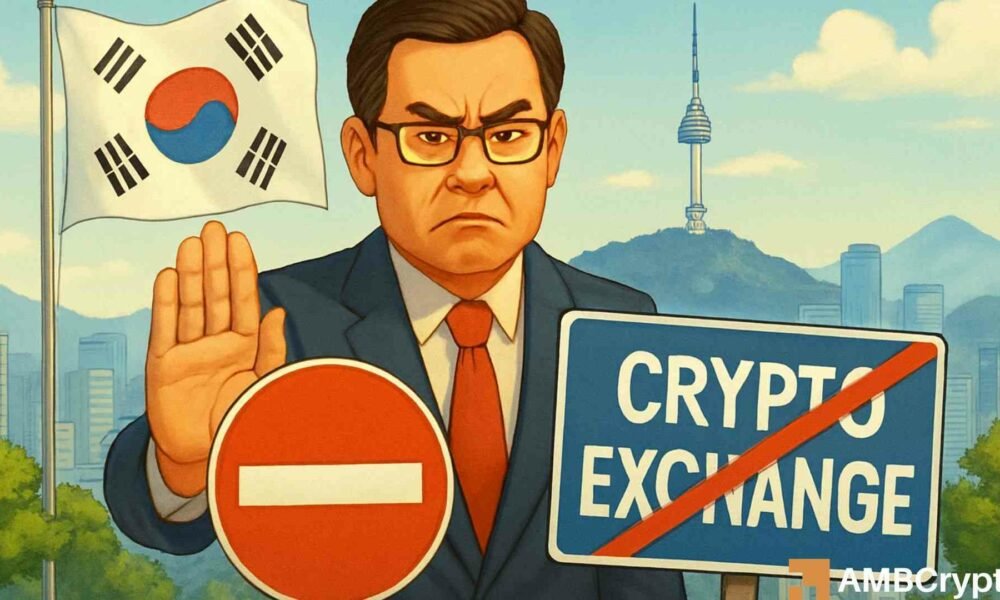South Korea has recently taken action against several crypto exchanges, including KuCoin and MEXC, for operating in the country without proper reporting to authorities. The Financial Intelligence Unit (FIU) issued a statement on April 14th confirming that Apple had blocked access to 14 apps from unreported foreign virtual asset operators registered in the Apple App Store. The regulator warned that unreported domestic activities could lead to fines and internet and app access bans.
This crackdown on crypto exchanges is part of South Korea’s efforts to prevent money laundering risks and protect users. Last month, the country requested Google to block 17 apps, and more sites are expected to be censored in the future. The FIU stated that it will continue to block domestic access to apps and internet sites of overseas unreported virtual asset operators in collaboration with relevant organizations. Other blocked crypto exchange sites and apps include Blofin, Coins, Bitglobal, and BitMart.
Despite these regulatory actions, South Korea is also looking towards potential regulatory clarity and legislation in the future. There are hints that Q3 2025 could see new regulations aimed at driving institutional crypto investments in the country. Some top regulators have even suggested the adoption of Bitcoin ETFs if Japan approves such products. If these developments come to fruition, South Korea could position itself as a hub for global crypto investments and compete with other key players in the region like Singapore and Hong Kong.
The recent actions taken by South Korea against unreported crypto exchanges highlight the government’s commitment to regulating the industry and protecting users. By blocking access to these exchanges and implementing fines for non-compliance, authorities are sending a clear message about the importance of following regulatory guidelines. This crackdown is part of a larger effort to prevent money laundering and ensure the safety of individuals engaging in crypto transactions.
It is important for companies operating in the crypto space to stay informed about regulatory developments in countries like South Korea. Failure to comply with reporting requirements and other regulations could result in significant penalties and restrictions on business operations. By staying ahead of regulatory changes and working closely with authorities, crypto exchanges can ensure their long-term viability and success in the market.
Overall, South Korea’s actions against unreported crypto exchanges demonstrate the government’s proactive approach to regulating the industry. By taking steps to block access to unauthorized platforms and enforce reporting requirements, authorities are working to create a safer environment for crypto users. As the regulatory landscape continues to evolve, it is essential for businesses in the crypto space to stay compliant and adapt to new requirements to avoid penalties and ensure continued operations in key markets like South Korea.


